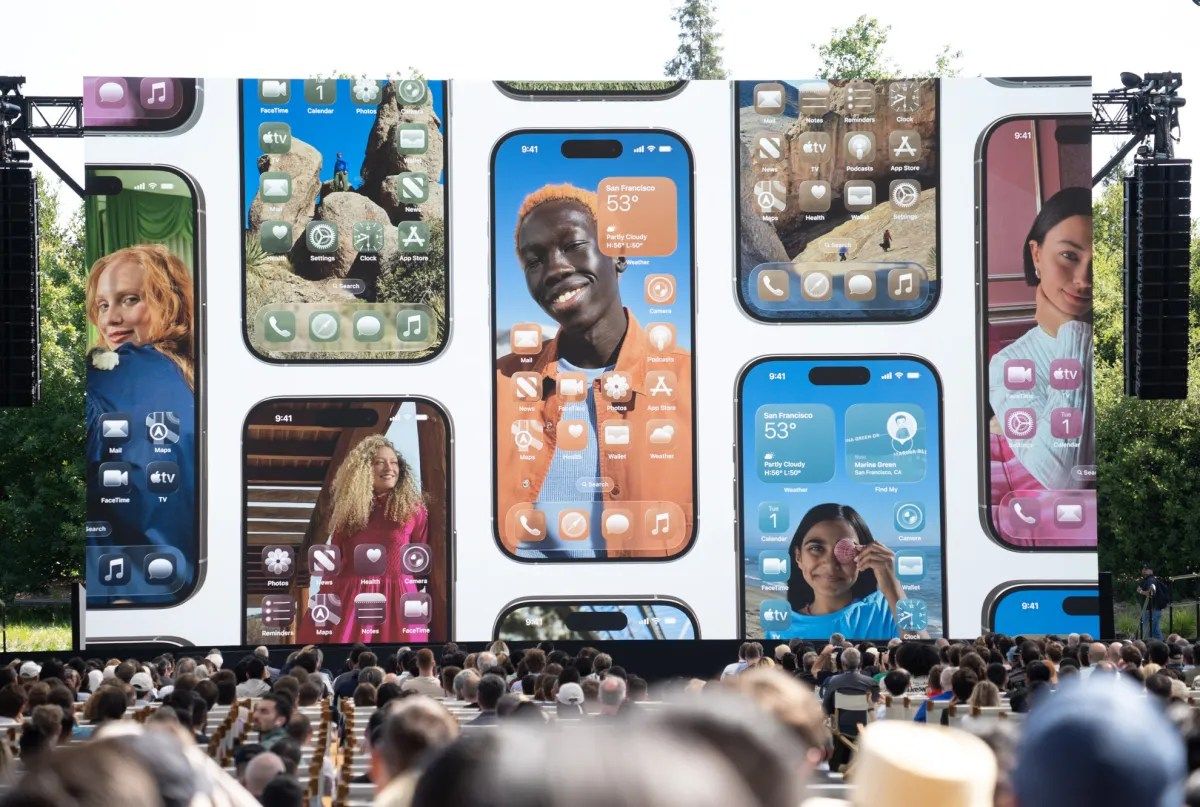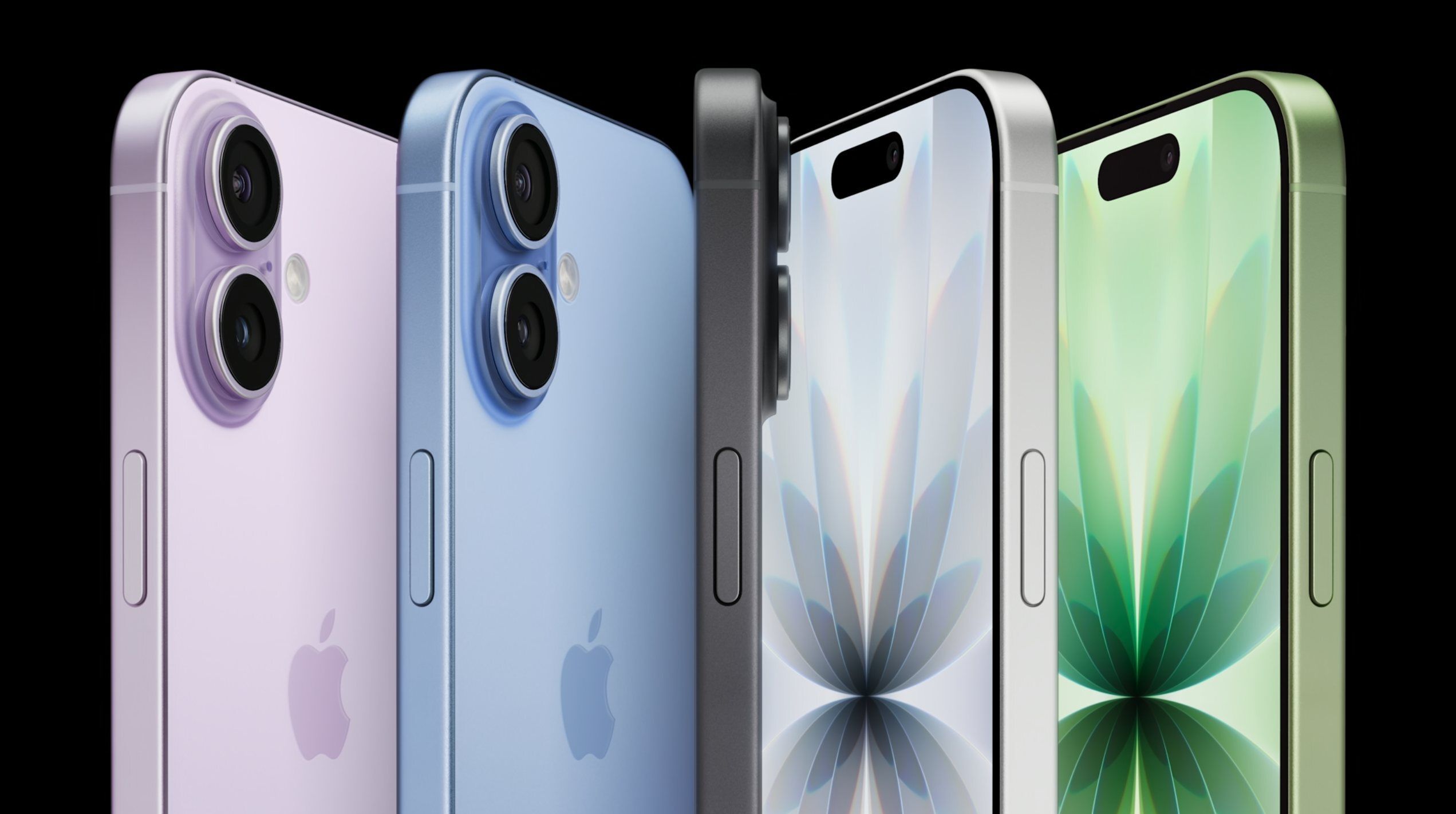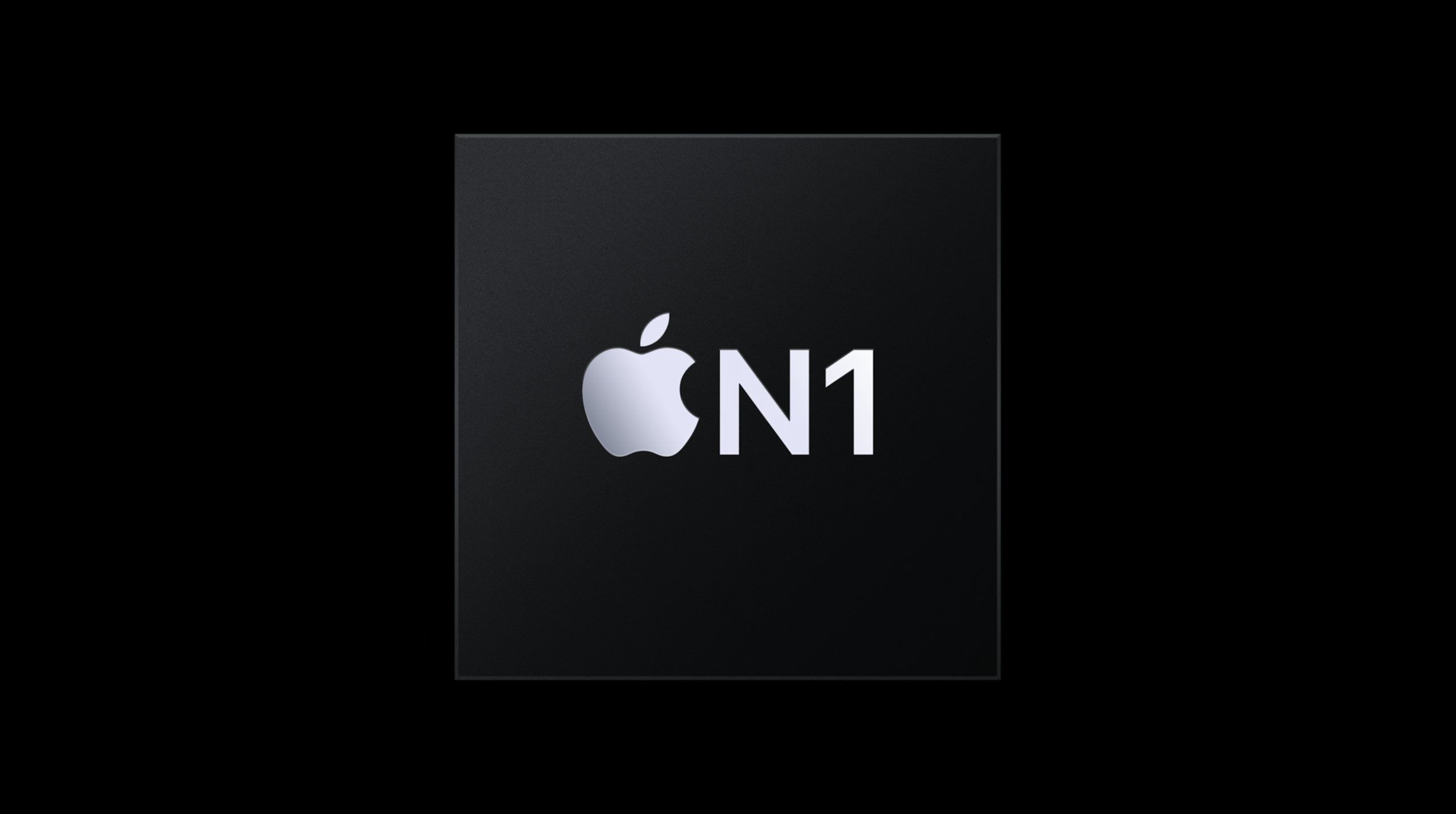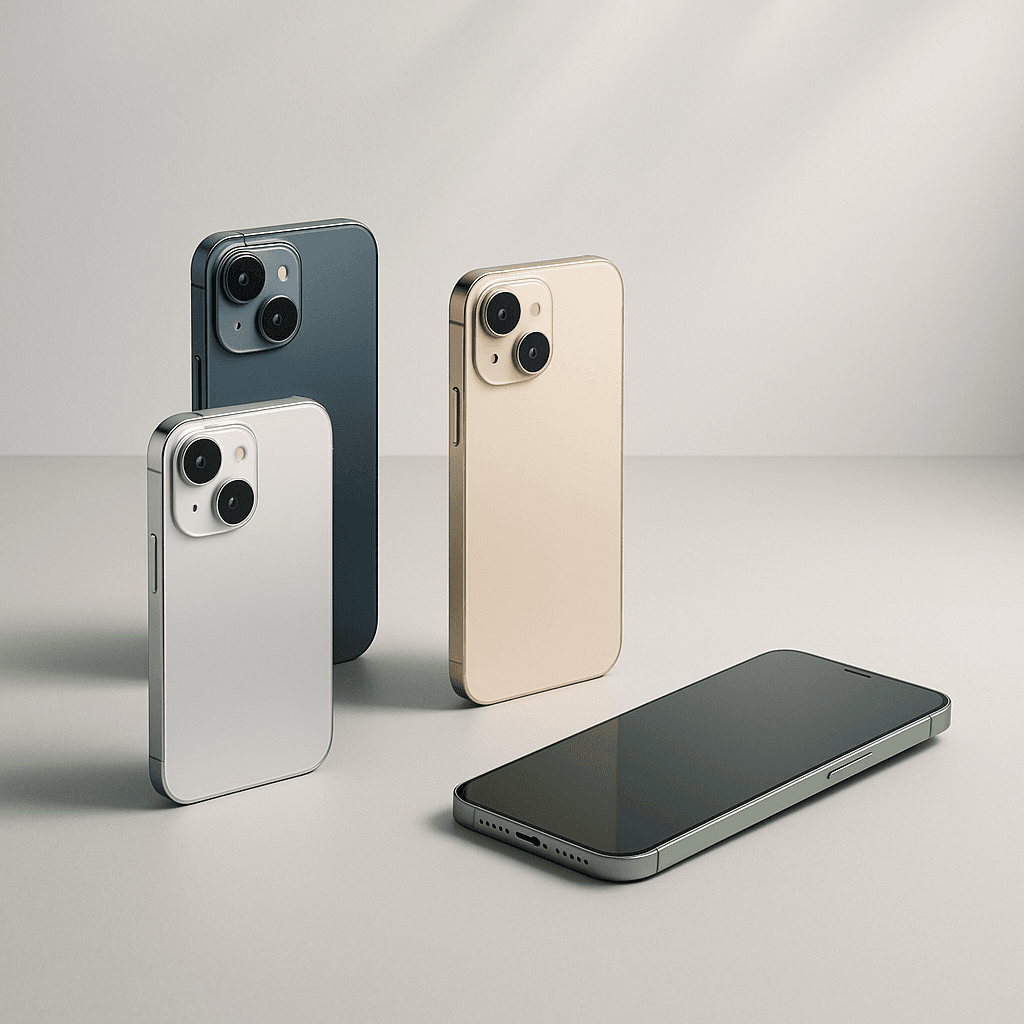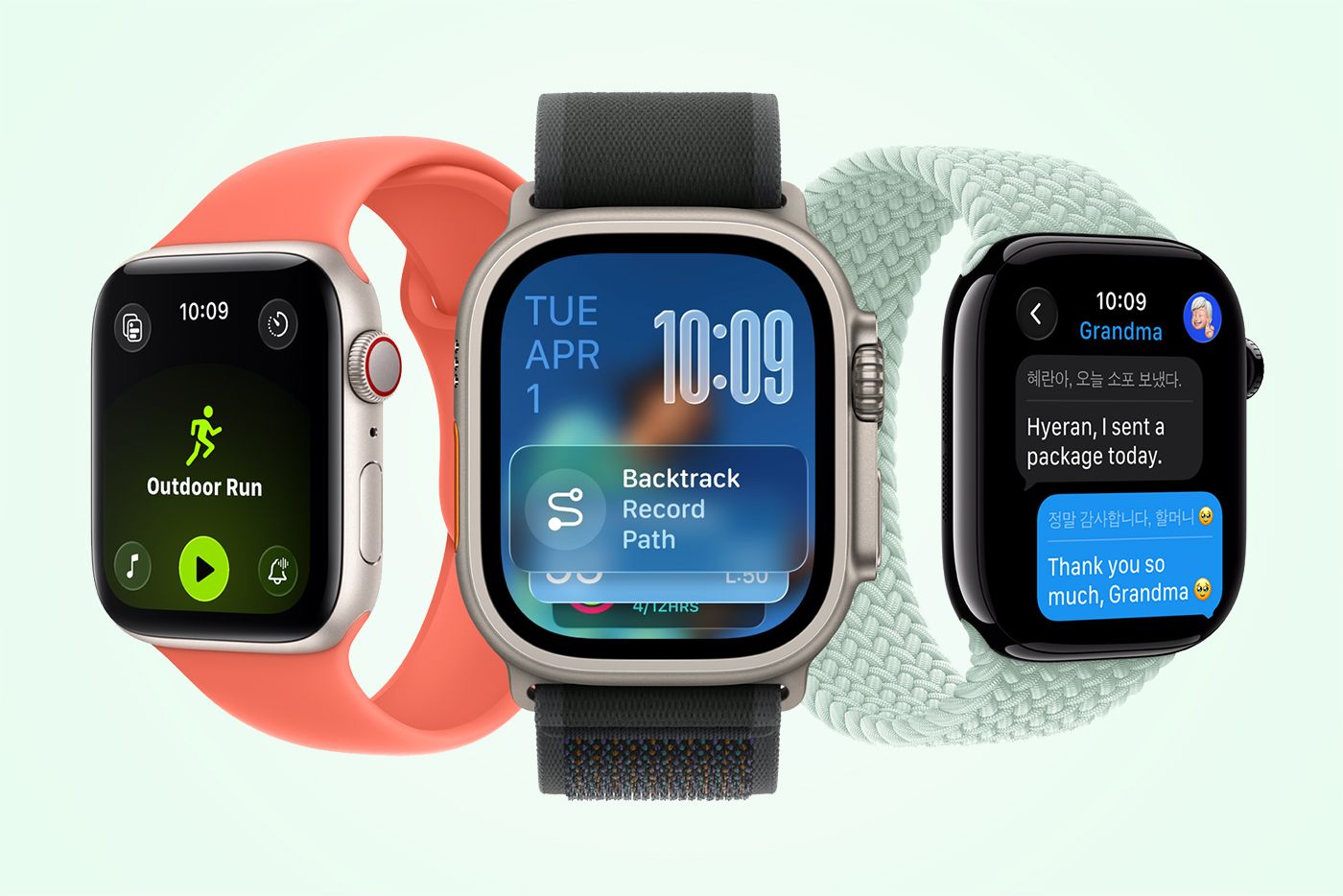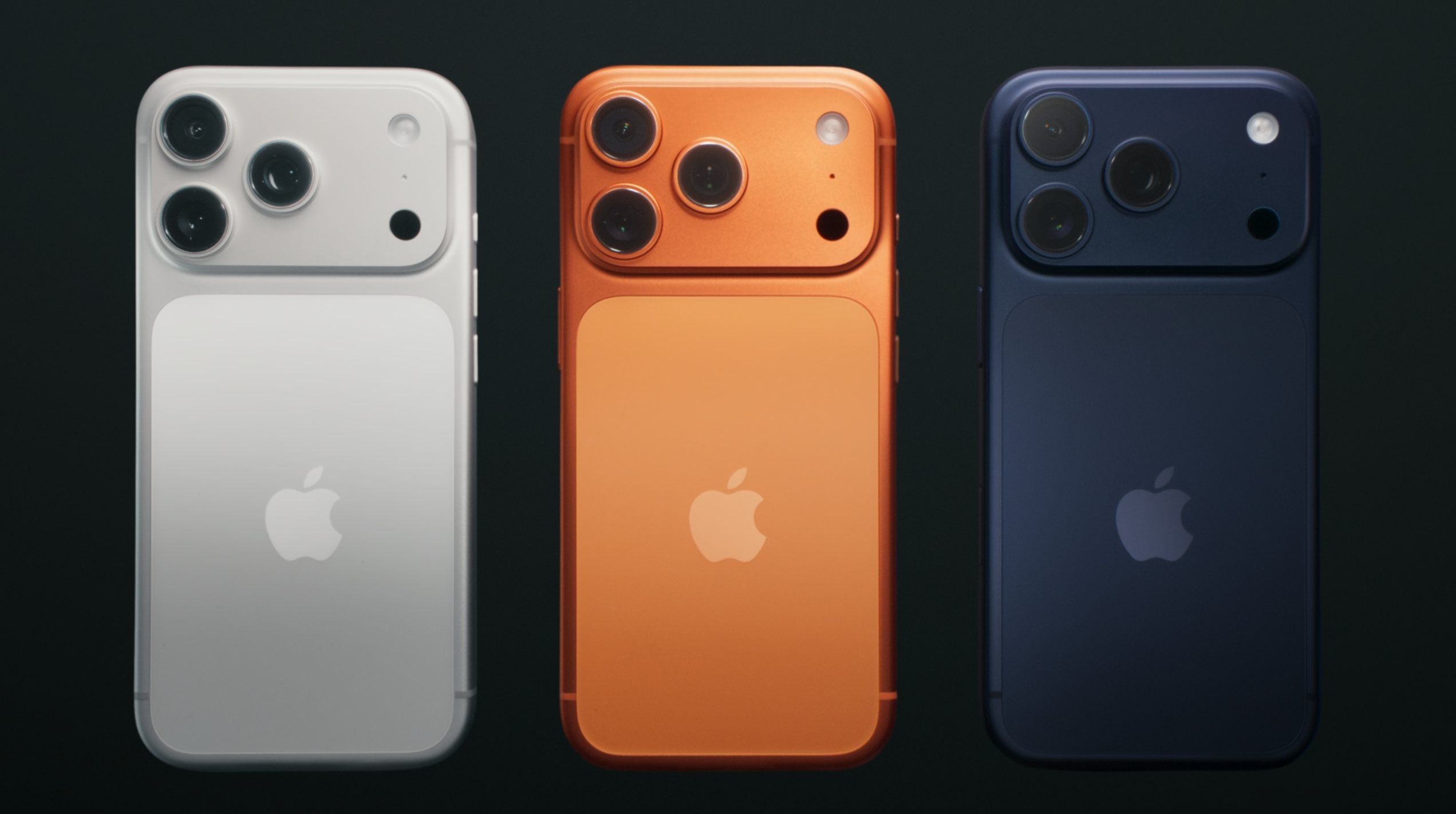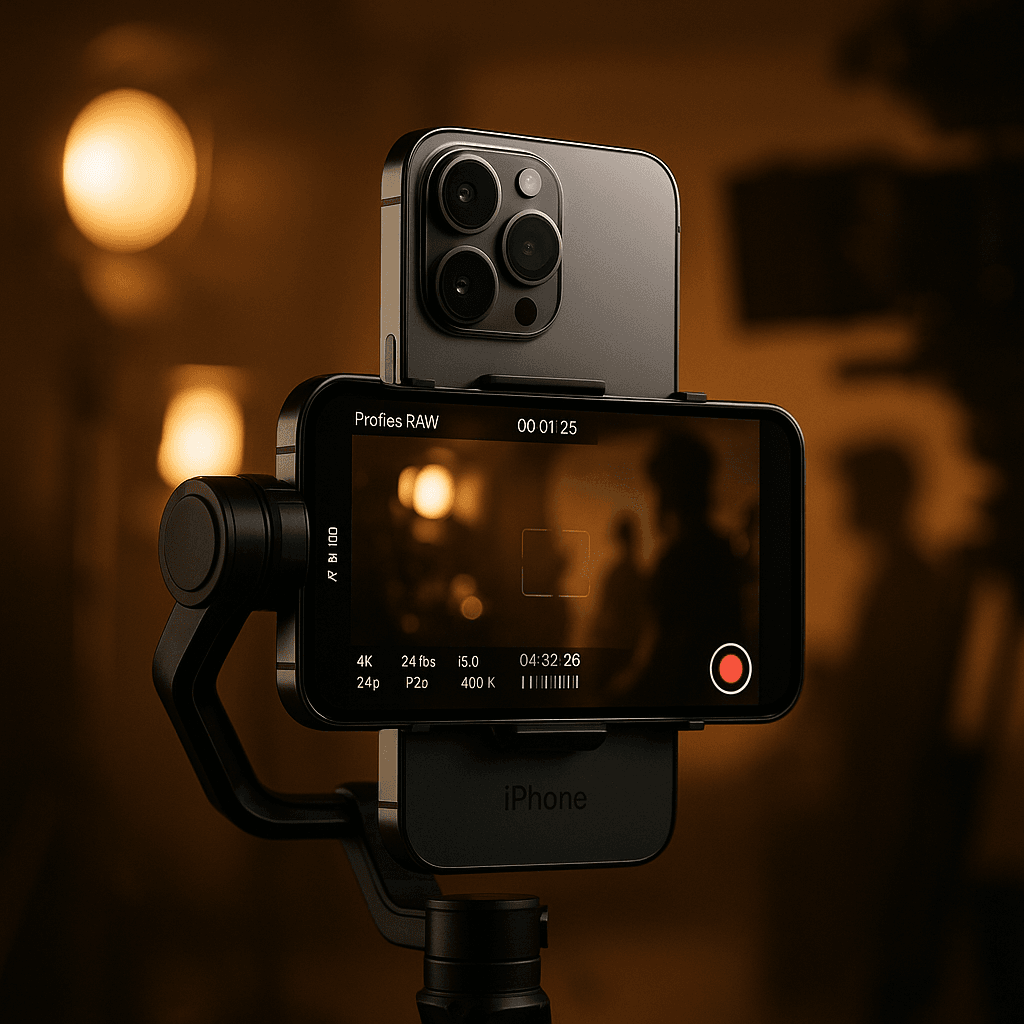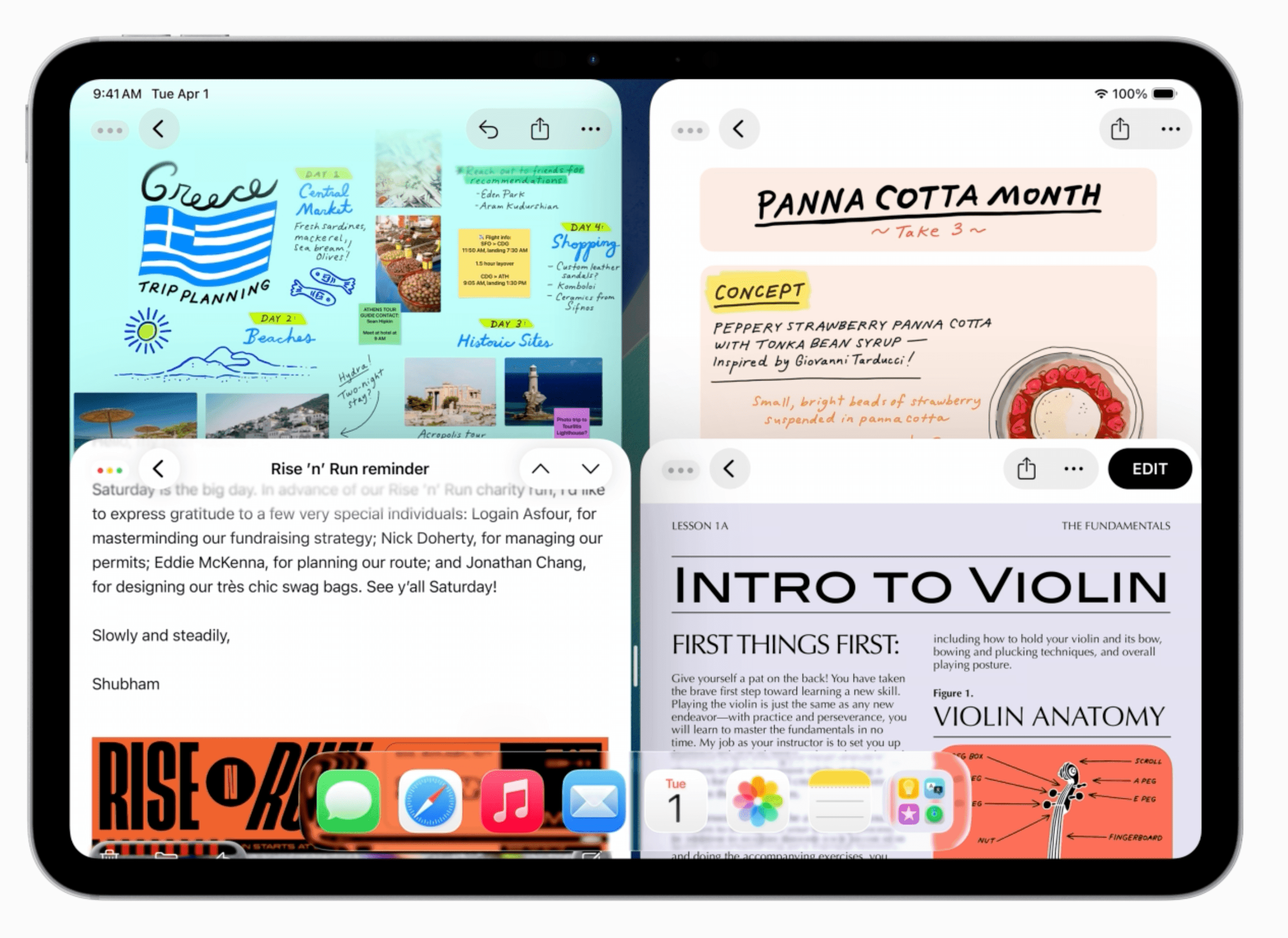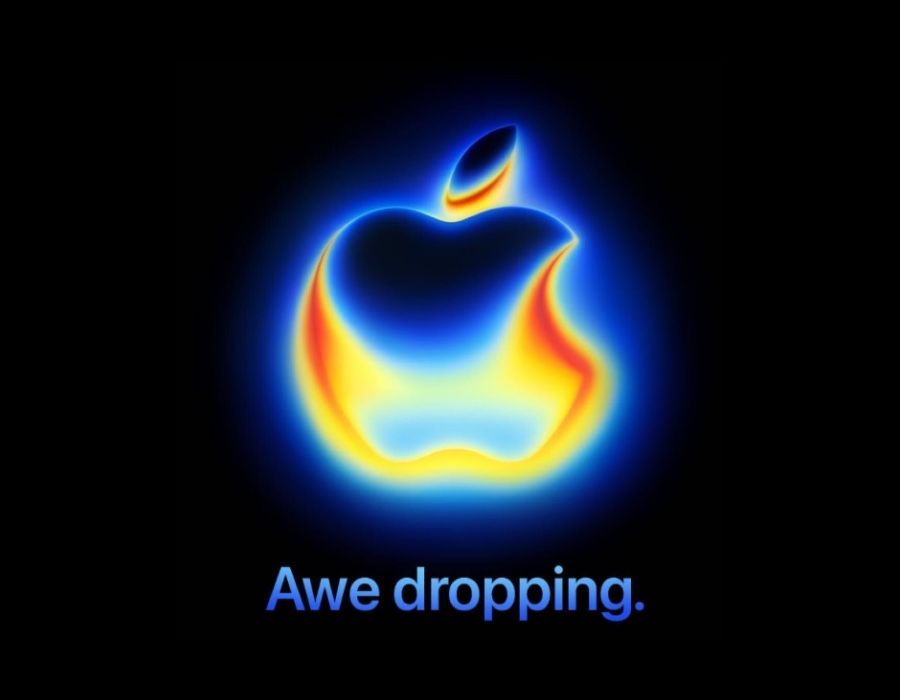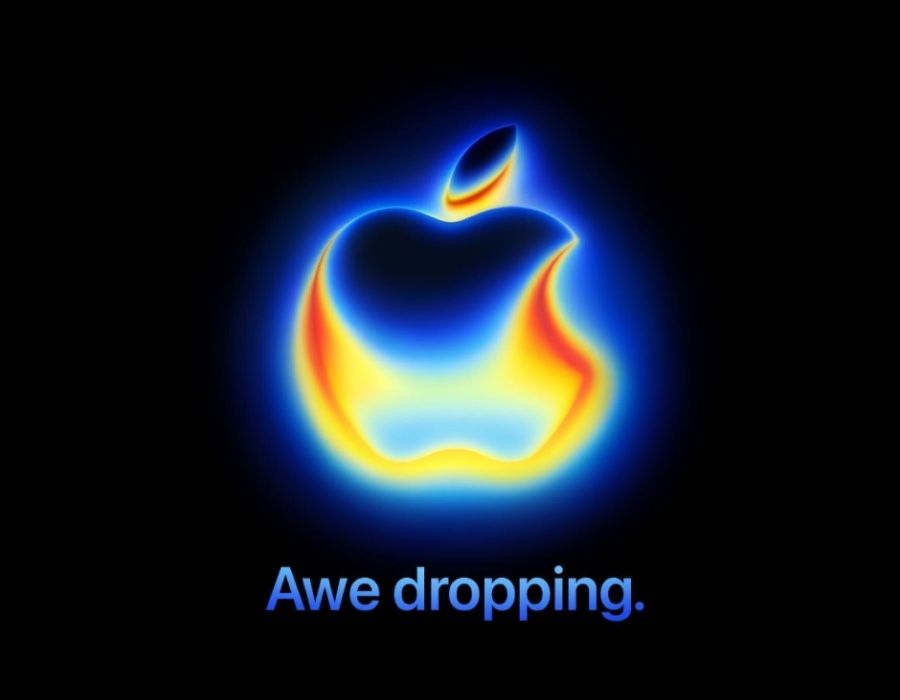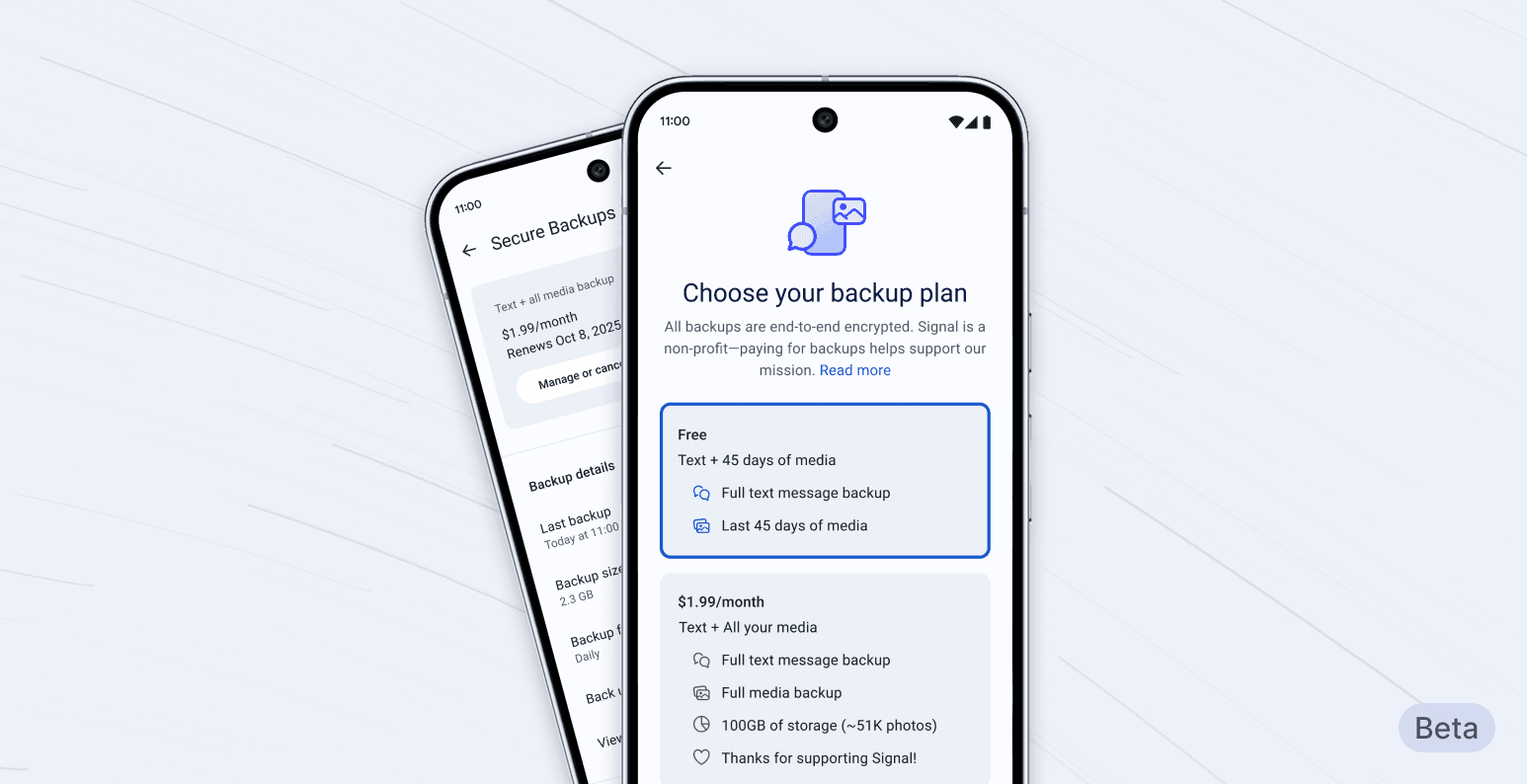Apple just dropped the launch date for iOS 26 - Monday, September 15th - bringing the biggest visual overhaul to iPhones in years. The centerpiece is Liquid Glass, a translucent design language that fundamentally reimagines how iOS looks and feels, potentially influencing the entire mobile industry's direction.
Apple isn't just updating iOS - they're completely reimagining what an iPhone interface should look like. The company confirmed iOS 26 will hit devices on Monday, September 15th, carrying what might be the most significant visual transformation since the original iPhone.
The star of the show is Liquid Glass, Apple's new design language that adds a translucent, glassy sheen across the entire operating system. Think of it as skeuomorphism meeting modern minimalism - buttons, search bars, and interface elements now have a see-through quality that lets underlying content subtly show through. It's not just an iOS thing either. Apple is rolling Liquid Glass across iPadOS 26, macOS Tahoe 26, watchOS 26, and tvOS 26, creating a unified visual ecosystem.
The beta process revealed just how much Apple sweated the details here. Early testers, including The Verge's Jay Peters, flagged legibility problems, particularly in Control Center where the glassy effects made text harder to read. Apple responded by dialing back the intensity in subsequent betas, finding what appears to be the sweet spot between visual impact and usability.
But iOS 26 isn't just about looks. The update packs serious functional upgrades, starting with Live Translation powered by Apple Intelligence. This feature could be a game-changer for international communication, offering real-time translation that doesn't require third-party apps. The Phone app gets a complete layout refresh, while new call screening features help users filter unwanted calls more effectively.
Messages receives some of the biggest updates, with the ability to create polls directly in chats and add custom backgrounds to conversations. There's also a new Games app that consolidates Apple's gaming ecosystem, though details remain sparse on exactly what that entails.
The timing is strategic. Apple's pushing this update just as competitors like Samsung and Google are refining their own AI-powered features. Live Translation, in particular, puts Apple in direct competition with Google Translate and Samsung's Galaxy AI suite.
From a developer perspective, Liquid Glass represents a massive shift. App creators will need to consider how their interfaces work with translucent system elements, potentially driving a wave of app redesigns across the App Store. The visual language could influence Android's Material You design system and Microsoft's Fluent Design as competitors respond.
